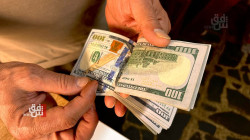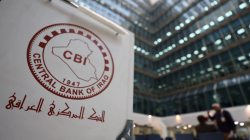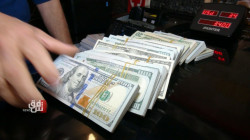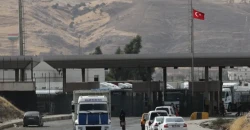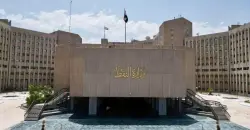Iraq's dollar reserve bleeds from inflated import invoices

Shafaq News – Baghdad
Iraq’s foreign currency reserves are being drained due to inflated import invoices, a local economic expert warned on Monday, calling for urgent reform to the country’s trade and currency transfer mechanisms.
Manar al-Obaidi, head of the Iraq Future Foundation, said that trade data from countries such as China, Turkiye, and the United Arab Emirates show clear discrepancies between the declared value of goods exported to Iraq and their actual market prices, suggesting large-scale over-invoicing.
He cited figures from Chinese exports as an example, in the first five months of 2025, Iraq reportedly imported $170 million worth of Chinese footwear and nearly $600 million in clothing. "These figures do not reflect the true demand in Iraq’s market nor align with global prices," al-Obaidi stated, adding that this strongly indicates invoice inflation in terms of both volume and value.
According to al-Obaidi, certain parties are exploiting the difference between Iraq's official exchange rate and the parallel market rate. He explained that by inflating invoices, these entities have managed to funnel large sums of money through the official banking channels, bypassing multiple layers of scrutiny designed to verify transfers and ensure they reach legitimate recipients.
Although the Central Bank of Iraq has implemented stricter auditing procedures to control currency outflows, al-Obaidi argued that the current framework has proven ineffective. "The weakness is evident not only in the export data from trading partners but also in Iraq’s persistently low customs revenues, which remain disproportionately small compared to the volume of declared imports," he said.
Al-Obaidi called for a new mechanism linking bank transfers to customs duties, under which importers would not be allowed to access the official exchange rate unless they first settle the customs fees based on the declared value of the transfer.
"This approach would achieve two key objectives," he explained, adding that "It would tighten oversight on transfers made at the official rate and increase state revenues by ensuring duties are calculated based on the real value of goods."
However, he acknowledged that such a proposal may face resistance. Critics might argue it risks pushing the dinar further down in the parallel market by tightening access to foreign currency and could be seen as a fiscal intervention rather than a monetary one.
"What Iraq is experiencing today, an uncontrolled drain of foreign currency and a decline in reserves due to unchecked imports, demands exceptional measures, even if they carry side effects," al-Obaidi warned.
He concluded that reforming Iraq’s transfer and import systems is no longer optional, but “an urgent necessity to safeguard economic stability and protect Iraq’s foreign currency reserves.”
